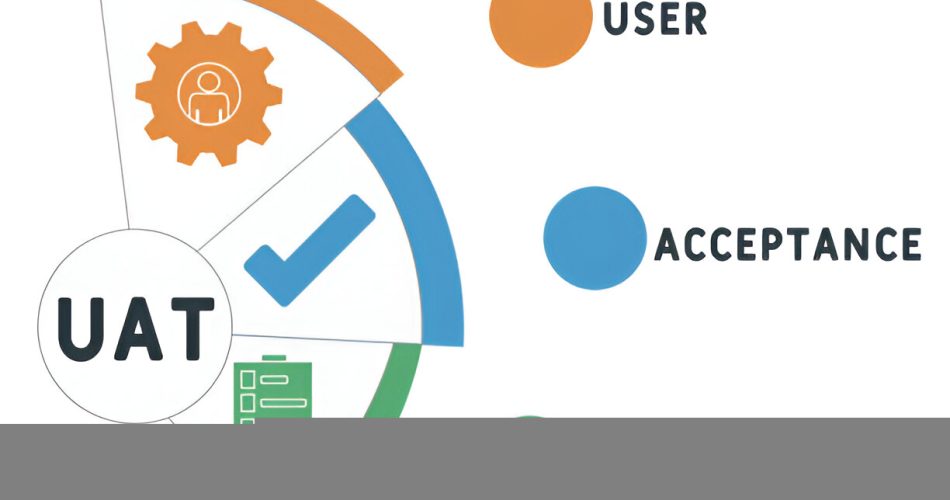Businesses in the fast-moving commercial realm need thorough planning and testing procedures for new software implementation. Workday UAT Testing stands essential as the required testing phase for Workday deployments to verify system functionality before going live. For businesses of all sizes, this testing stage—where real end users confirm the system satisfies their needs—offers substantial benefits. Let’s examine the five main advantages of carrying out appropriate UAT testing for your Workday setup.
-
Catch Problems Before They Affect Your Business
UAT testing acts as a safety net, identifying problems before they affect your day-to-day operations. Organizations can find bugs that might have gone unnoticed in previous testing stages by having actual users properly test the system. Workflow flaws, setup mistakes, or integration problems that only show up when evaluated in settings that closely resemble real-world business operations are a few examples. By addressing these issues during the testing stage, any expensive interruptions that can impair output and the organization’s reputation after the system goes live are avoided.
-
Ensure the System Meets Your Specific Needs
Workday deployment must take into account the particular procedures and needs of each company. The system has been appropriately tailored to meet your unique company activities, as confirmed by UAT testing. In this stage, real users from various departments may confirm that the business rules, reports, and workflows that have been set up provide them with the necessary tools to do their tasks well. Instead of making users adjust to a general system that doesn’t really support their job, this verification method makes sure the finished system satisfies the particular needs of your company.
-
Build User Confidence and Reduce Resistance
Particularly when it comes to systems that employees use on a regular basis, change may be challenging. UAT testing helps end users get acquainted with new interfaces and processes by providing them with practical experience with the new system prior to complete deployment. This early exposure increases trust in the system’s capabilities and lessens worry about the impending shift. Users gain a feeling of ownership when they take part in testing and see their suggestions integrated into the finished product. This greatly lowers adoption resistance and raises the possibility of a successful deployment.
-
Improve System Quality and User Experience
Business software quality is important, and UAT testing directly improves the final product. Involving the individuals who will really use the technology on a regular basis helps firms identify usability problems that technical testers might miss. Users can identify unclear navigation problems and ineffective procedures and omitted features which become essential in enhancing their overall user experience. These improvements make the system more comfortable to use and shorten the onboarding time for new hires which together enhance productivity levels.
-
Reduce Long-Term Support Costs
It usually costs a lot more to remedy problems after a system is live than it does to fix them during development. By detecting and fixing issues early on, UAT testing lessens the need for costly post-implementation emergency repairs. Additionally, because users run across fewer issues in their day-to-day work, a well-tested system needs less continuous assistance. Expenditures on support maintenance decrease simultaneously with lowered operational downtime and reduced debugging costs due to successful execution of adequate UAT testing procedures.
Conclusion
The Workday testing automation plays a vital role in ensuring smooth deployments, minimizing risks, and aligning the system with your unique business needs. It boosts user confidence, enhances system quality, and lowers long-term support costs. To make UAT truly effective, empower your end users with Opkey—an industry-leading no-code test automation platform. Opkey simplifies complex testing processes, enabling active user participation and ensuring seamless adoption. Trusted by hundreds of global enterprises, Opkey supports UAT across 14+ enterprise apps, including Oracle, SAP, and Salesforce. With Opkey, experience effortless migrations, upgrades, and business continuity like never before.
